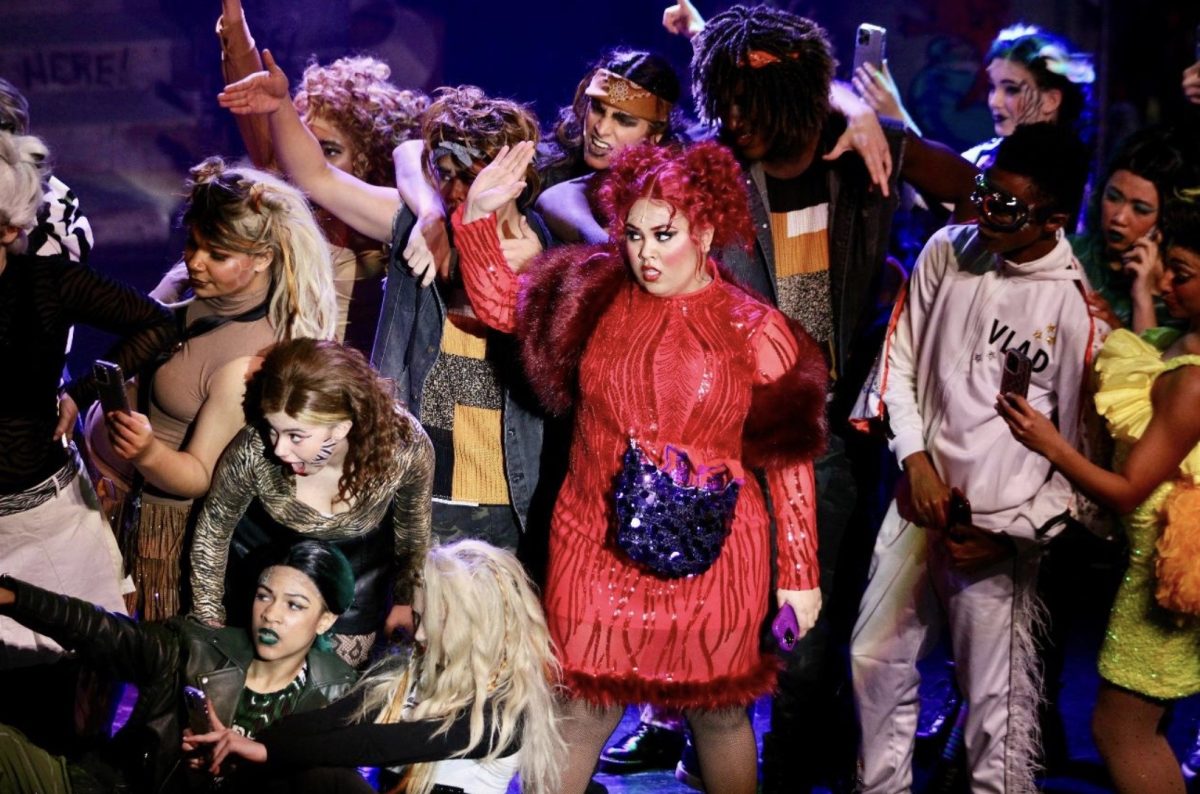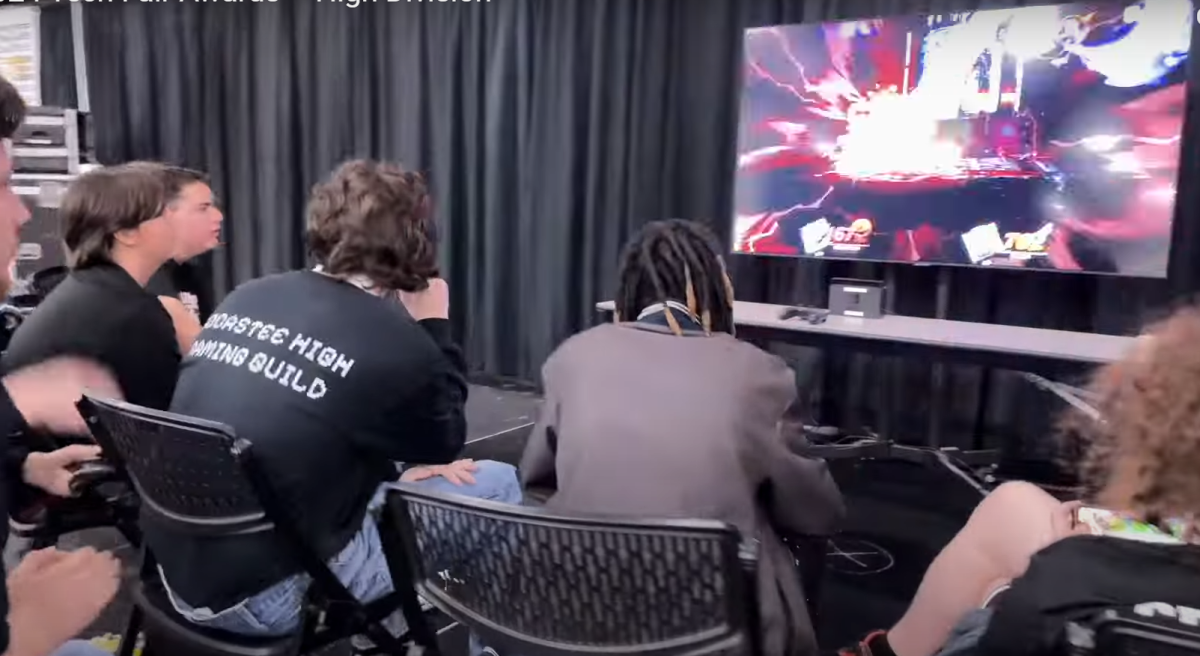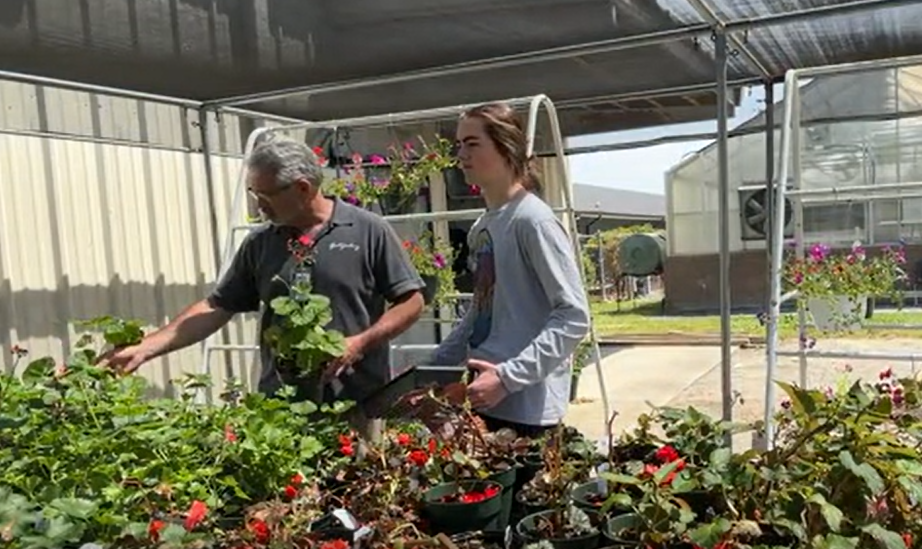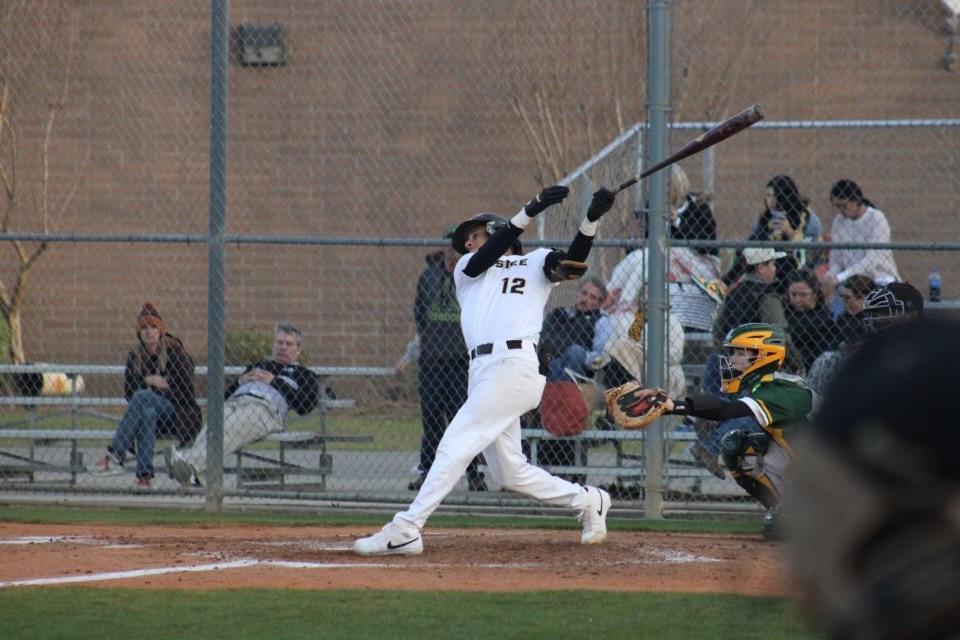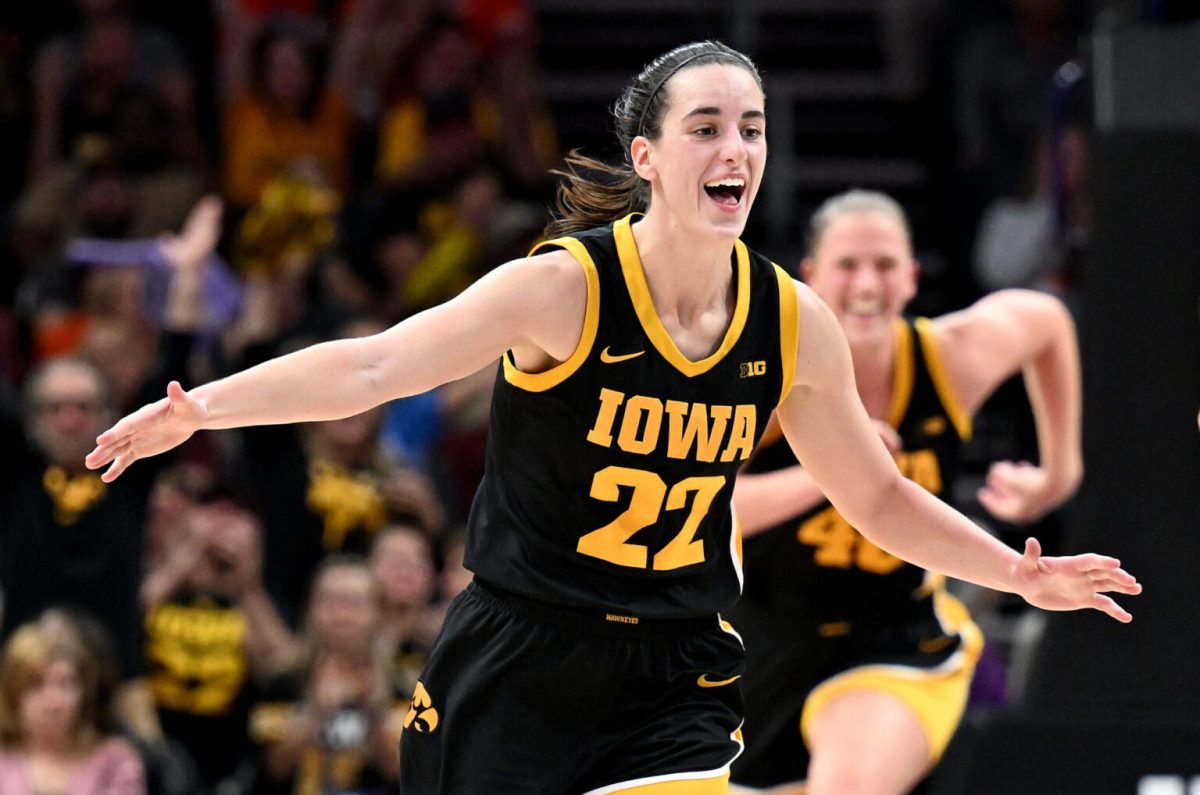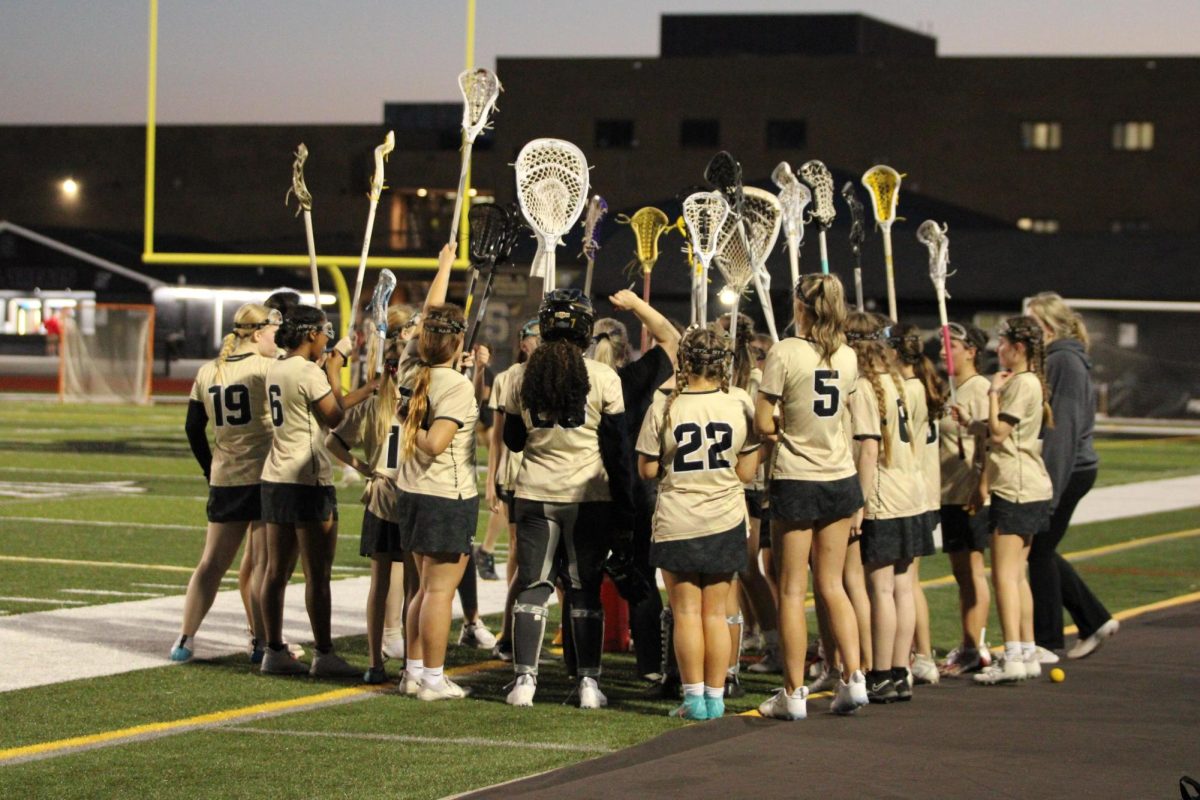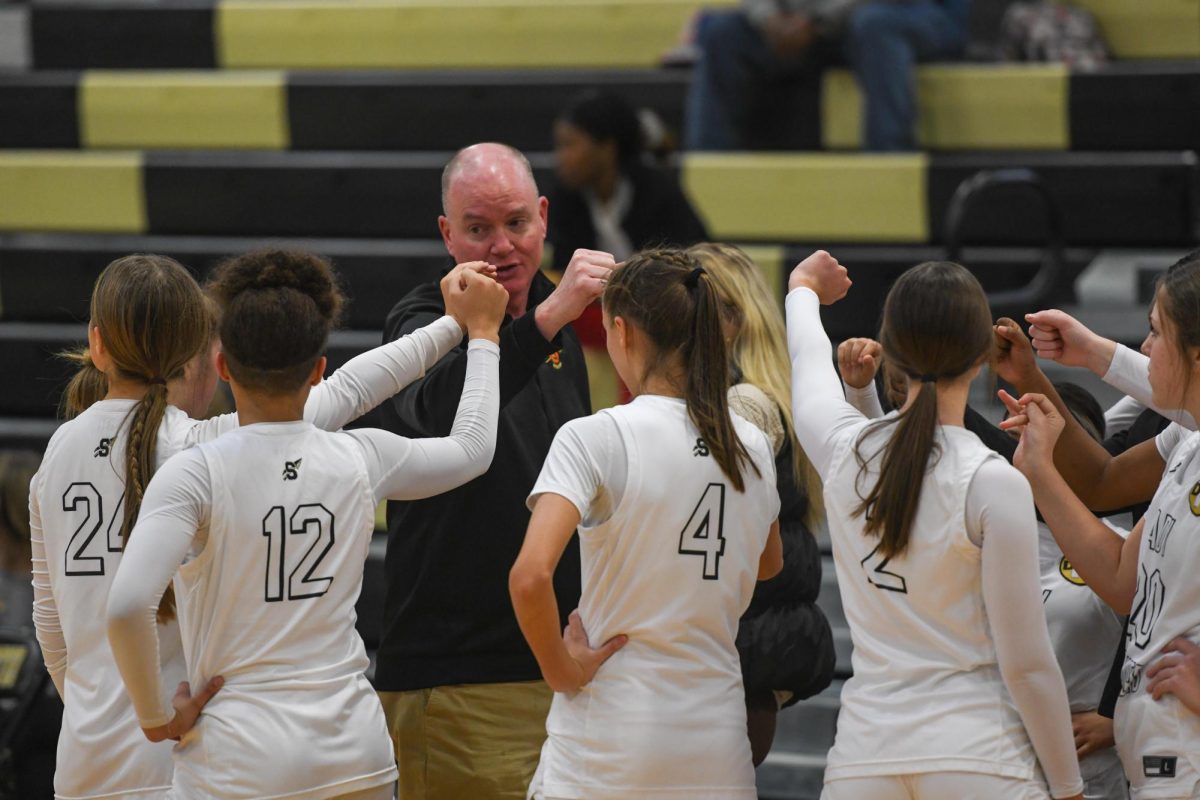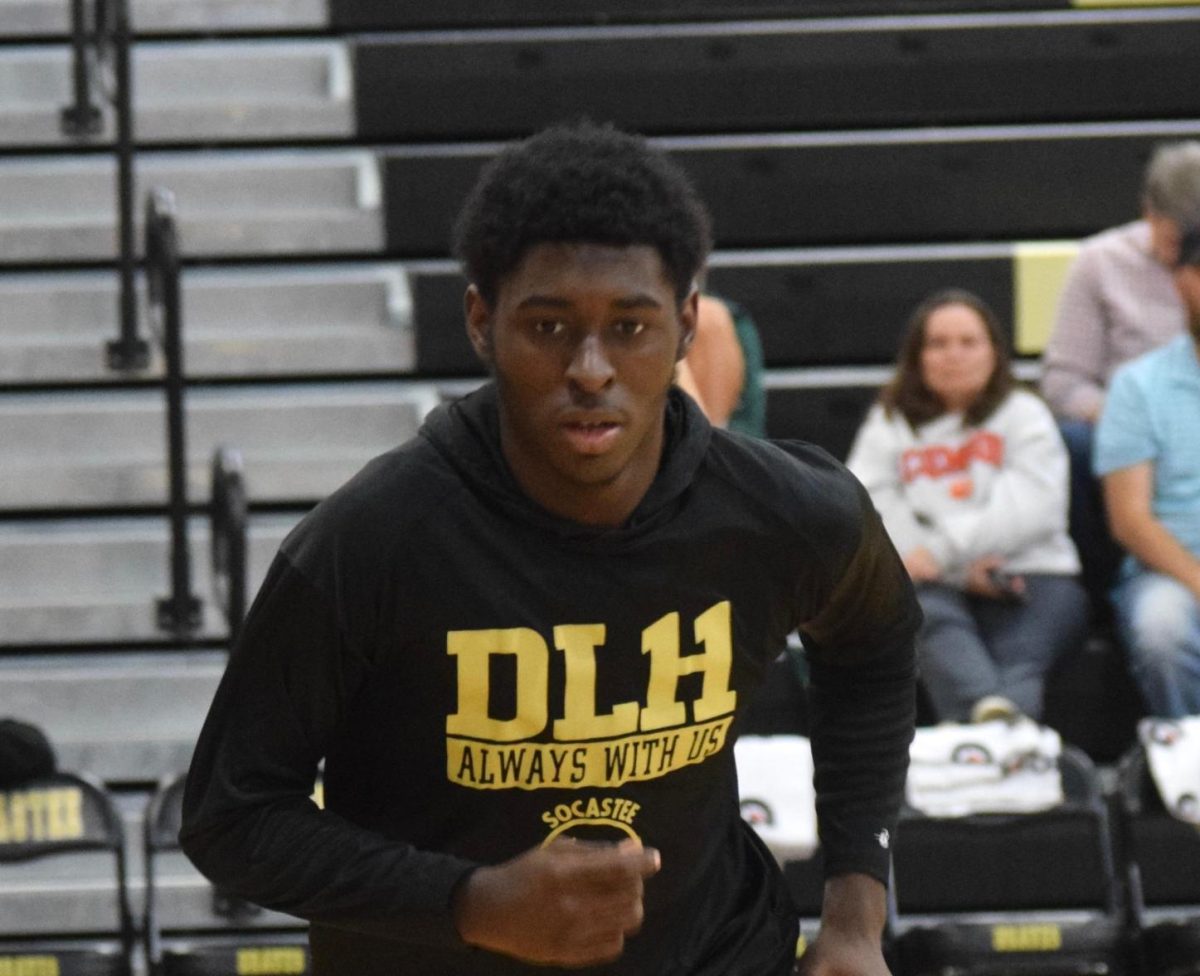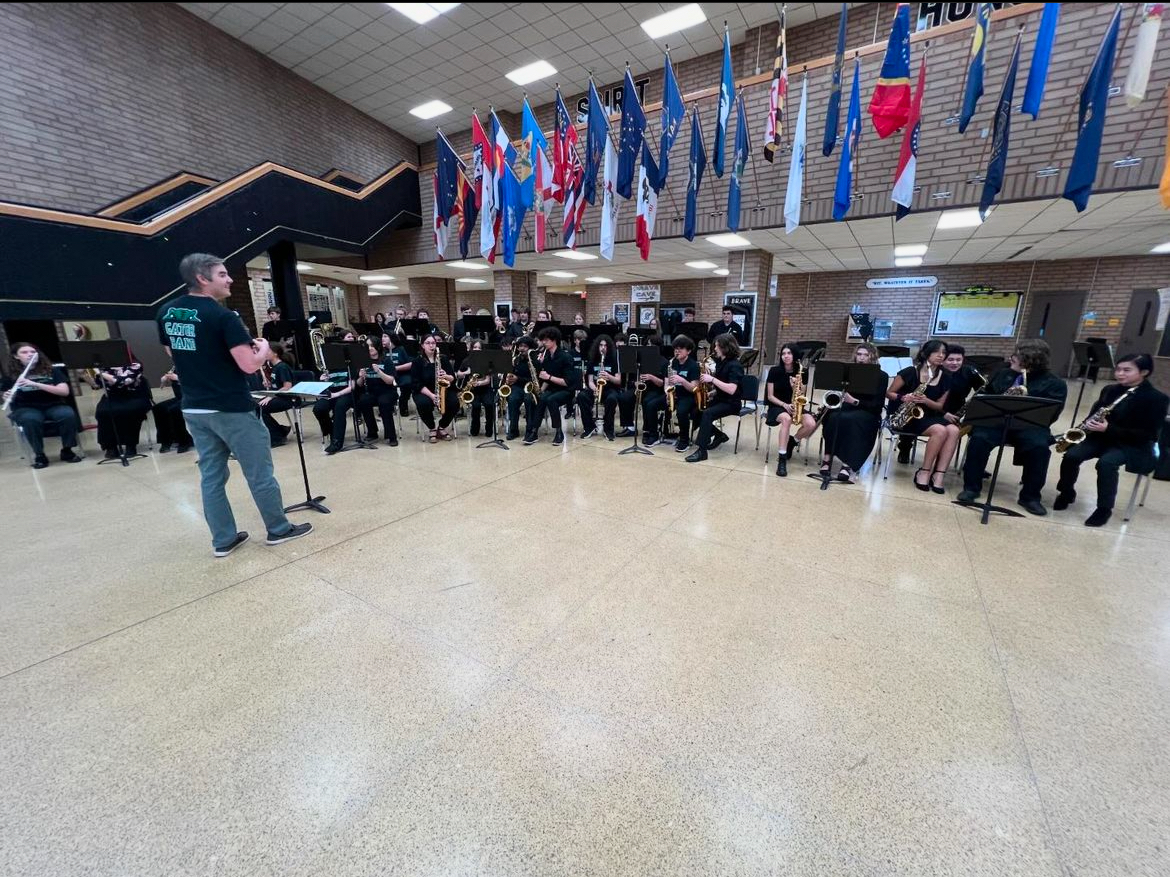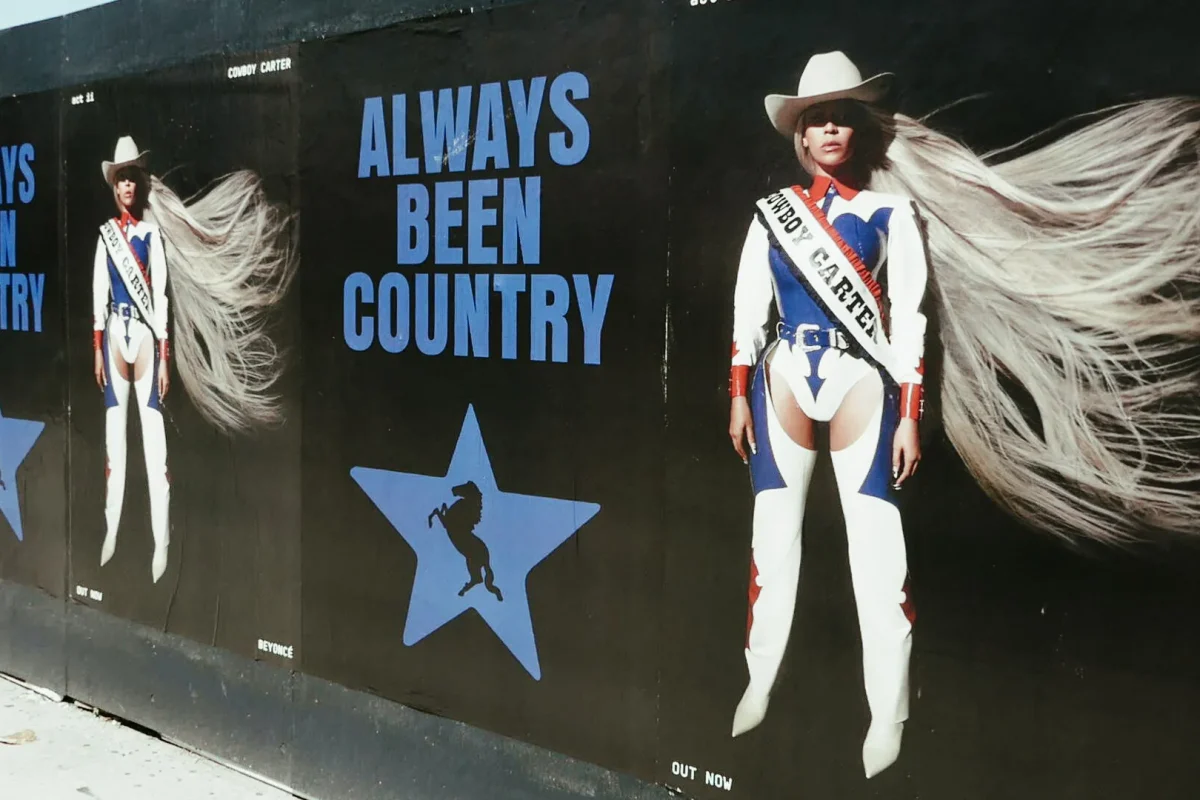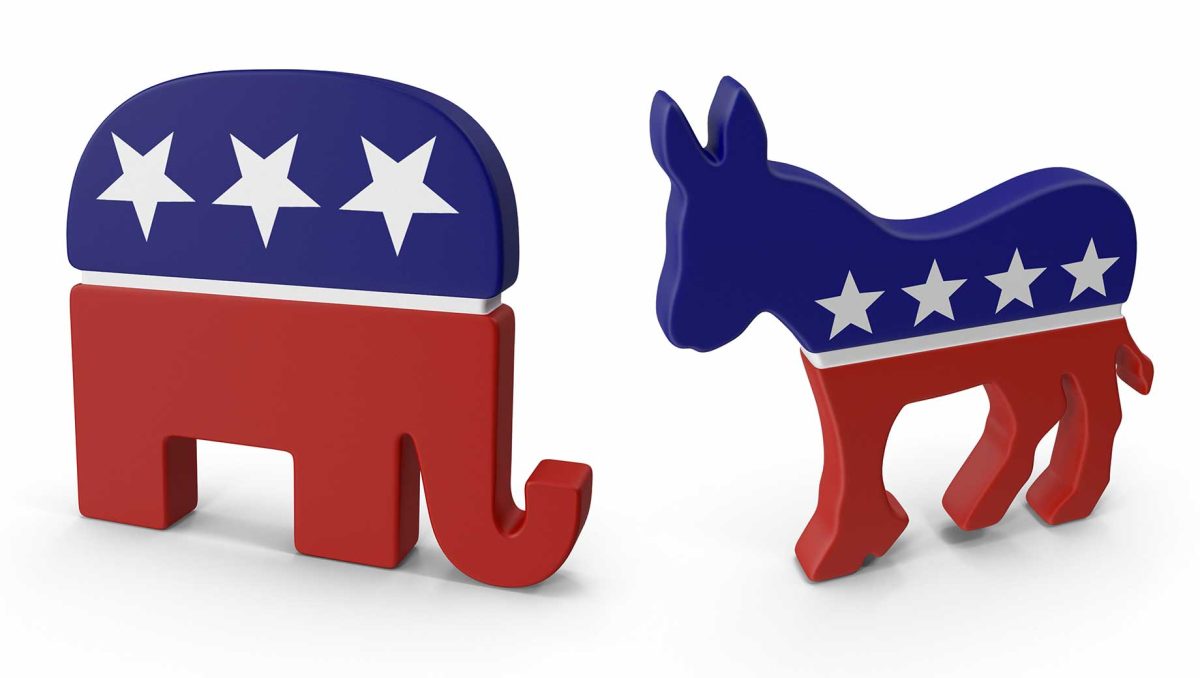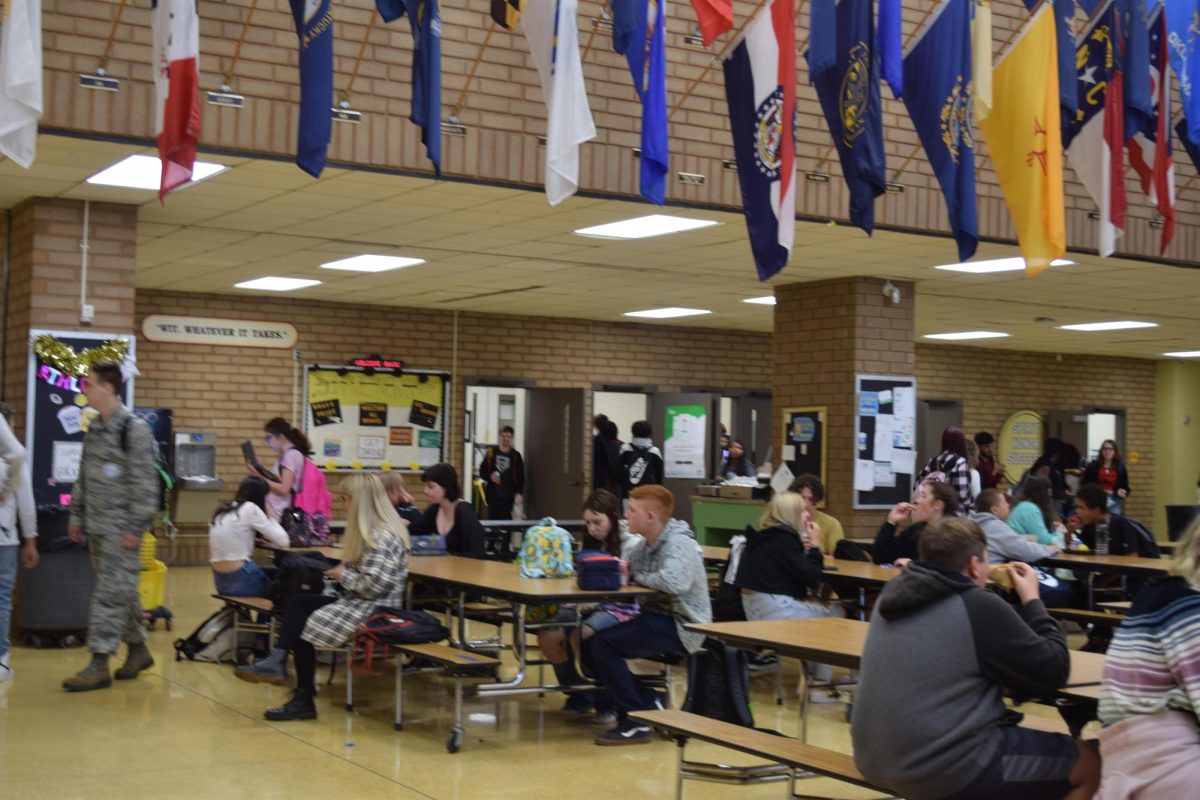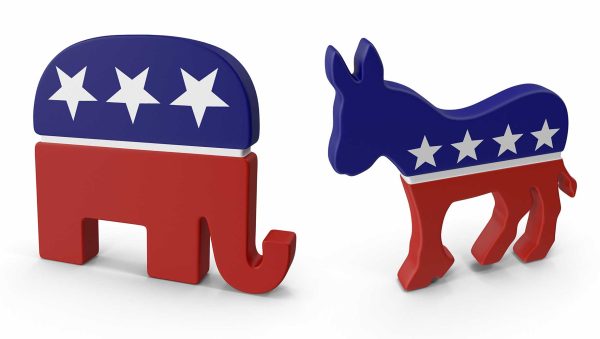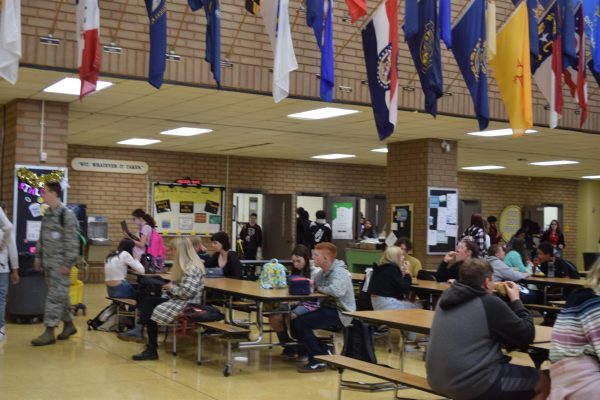OPINION: Nichols Case Shows More Police Reform Needed
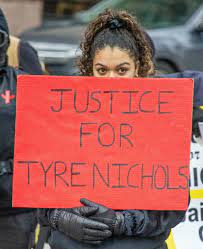
A protestor holds a sign at the Ohio State House in Columbus, Ohio
Police brutality once again became a major news story early this year when graphic videos were released of five Memphis police officers beating Tyre Nichols to death after a traffic stop. It’s still not clear why Nichols, who is black, was even pulled over – and thousands have expressed outrage at the killing. It’s been almost three years since George Floyd was killed, and it seems little has changed. Police racism and brutality against African Americans is very evident in America today. It is unjust for people to be harmed based on the color of their skin. Without police reform, this problem will continue to hurt innocent civilians.
Reform in the justice system needs to ensure African Americans only get pulled over when they actually do something wrong. A study by a University of South Carolina Political Science professor shows African Americans are 63 percent more likely to get pulled over than white people, even though white people cause more traffic crimes, including DUI’s. Laws need to change so that it is easier to bring charges against offending officers and also make the chokehold illegal everywhere (as of September, 62 percent of police forces had banned this practice, according to the Washington Post).
Police reform could help police pay attention to who actually causes crimes, not who they assume. White vs. black arrest rates show that white people cause more crimes, which should make police pay as much attention to them as African Americans. But police have a bias against black people, especially black men.
Some say police brutality against African Americans is caused by victims who resist the police. The country’s past history of slavery and segregation may affect the way African Americans view the police and cause fear, which sometimes leads to resistance. Resistance causes police to use tasers and pepper spray, which escalates sometimes misunderstood situations that could have been prevented if history didn’t happen the way it did. But police need to understand the fear and earn trust of the race by not targeting them. Also, they can be trained in safer ways to react to resistance.
In the meantime, police officers who act unjustly need to be taken off the streets. One example of an officer who used unnecessary force several times and was not punished is Detroit Police officer Jerold Blanding. He was involved with five shootings, has been investigated over assault on other officers, improper conduct, harassment, excessive use of force, domestic violence and threats, but kept his job. The justice system needs to review who they hire and officers should be held to a standard to perform the job they do, dealing with violent and vulnerable people. Violent people should not be in a position that allows them to make decisions that can harm other people, especially when they’re biased against a certain race.
All of these problems – African Americans getting pulled over without cause, police being harsh to black people even though their crime rate is less than white people, corrupt officers who harm people, and the unjust beatings and killings of African Americans – could be put to an end with police reform and review of the officers going into the justice system.
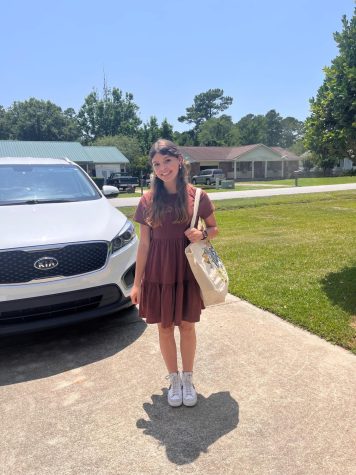
Semra Matzen is a freshman who didn’t expect to like journalism class, but being in it has brought her a new hobby. She enjoys the class and hopes to...

